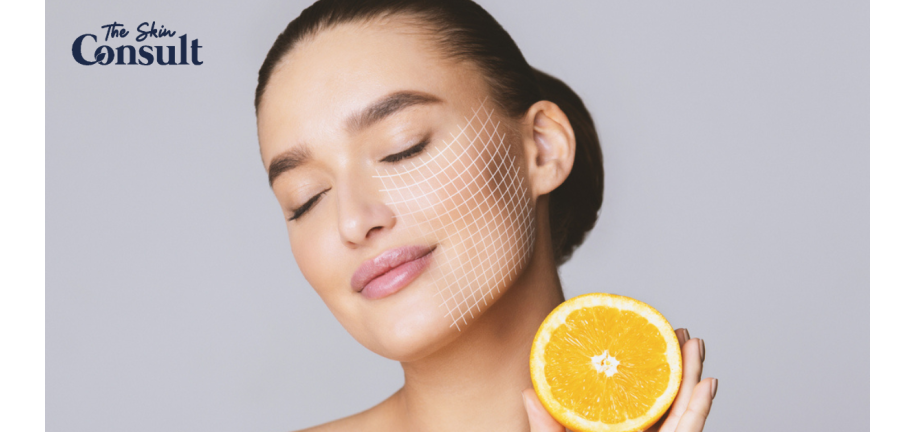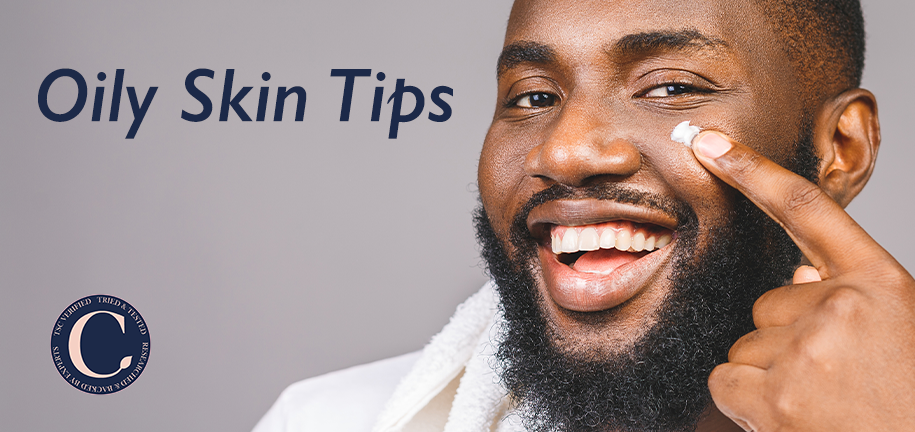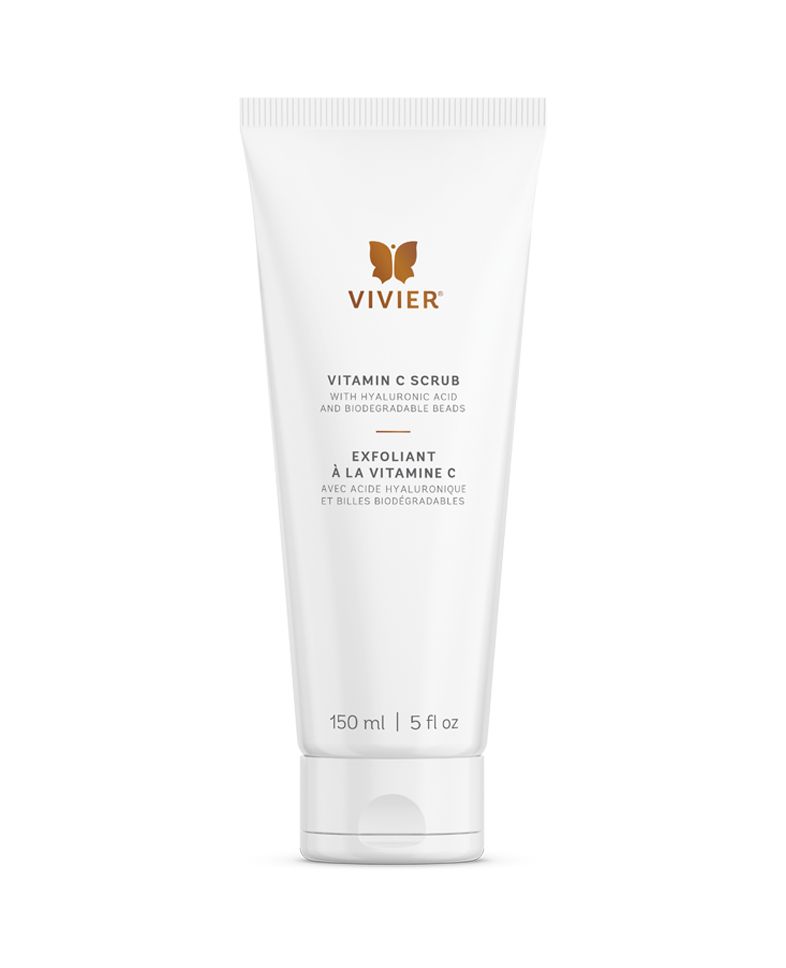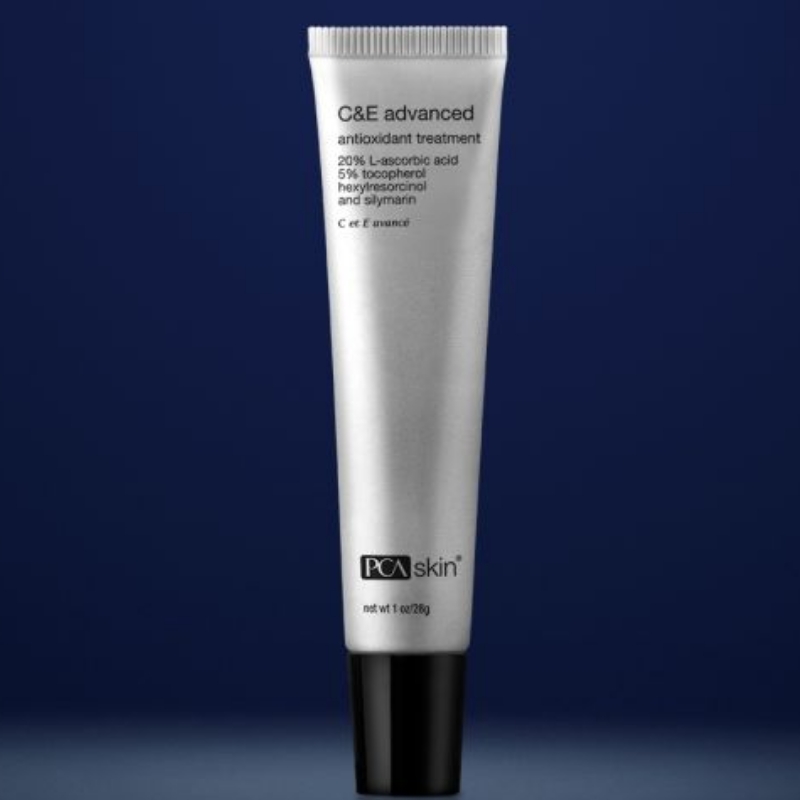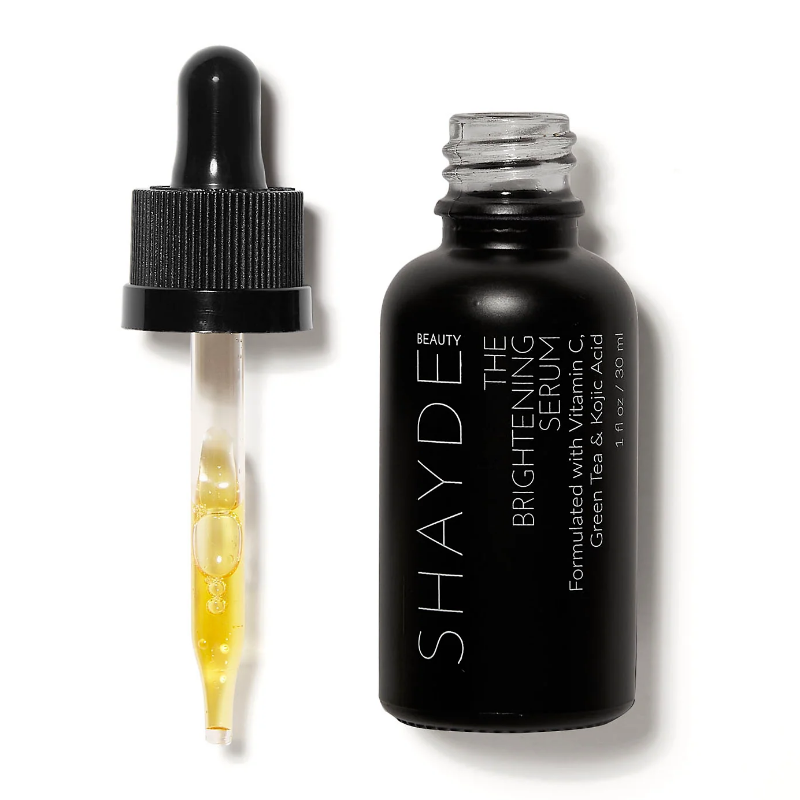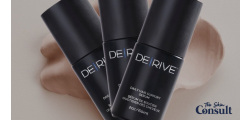In the world of skincare, few ingredients have garnered as much attention and acclaim as Vitamin C. Its reputation as a powerful antioxidant, collagen booster, and skin brightener has made it a staple in the routines of countless skincare enthusiasts. But the question remains: are all Vitamin C products created equal, and which one is right for your specific skin type? In this comprehensive guide, we'll explore the nuances of Vitamin C and its derivatives, helping you make an informed decision about which one is best for your unique skin.
Understanding Vitamin C and Its Derivatives
Before delving into the differences between various Vitamin C products, it's essential to grasp what Vitamin C is and why it's so highly regarded in the skincare world. Vitamin C, also known as ascorbic acid, is a water-soluble vitamin that plays a critical role in collagen synthesis, cell protection, and skin health. When applied topically, it can help combat the signs of ageing, such as fine lines, wrinkles, and age spots, and contribute to a more radiant complexion.
However, not all Vitamin C products are created equally. Vitamin C can be found in several different forms, each with its unique characteristics, benefits, and compatibility with various skin types. Here's a breakdown of some of the most commonly used Vitamin C derivatives and how they might suit different skin needs.
1. L-Ascorbic Acid: The Gold Standard
L-ascorbic acid is often considered the gold standard of Vitamin C products. It's the purest form of Vitamin C and boasts a high level of potency, making it extremely effective in fighting free radicals and promoting collagen production. Its antioxidant properties can help protect your skin from environmental damage, and it's especially beneficial for those with normal to oily skin.
L-ascorbic acid can be a bit finicky, as it's sensitive to light and air exposure, which can cause it to oxidize and become less effective. If you choose an L-ascorbic acid product, look for one in opaque or airtight packaging to preserve its potency. Additionally, it's worth noting that L-ascorbic acid may not be the best choice for those with sensitive or dry skin, as it can be irritating and drying.
2. Ascorbyl Palmitate: Gentle and Stable
Ascorbyl palmitate is a more stable derivative of Vitamin C that is fat-soluble. This means it's less prone to oxidation, making it a great option for those concerned about product stability. Ascorbyl palmitate is also generally well-tolerated by individuals with sensitive skin, as it's less likely to cause irritation. It's an excellent choice for those who want the benefits of Vitamin C without the potential drawbacks of L-ascorbic acid.
However, ascorbyl palmitate is less potent than L-ascorbic acid, so it may take longer to see noticeable results. For individuals with oily or acne-prone skin, this gentler option can be a suitable choice.
3. Sodium Ascorbyl Phosphate
Sodium ascorbyl phosphate is a water-soluble derivative of Vitamin C. It can help reduce inflammation, control excess sebum production, and brighten the skin. This makes it an excellent choice for individuals with acne-prone skin or those dealing with post-inflammatory hyperpigmentation (PIH).
The stability and lower risk of irritation associated with sodium ascorbyl phosphate make it a versatile option for various skin types. While it may not deliver the same potency as L-ascorbic acid, it can still provide numerous benefits, especially when combating breakouts and blemishes.
4. Magnesium Ascorbyl Phosphate
Magnesium ascorbyl phosphate is another water-soluble Vitamin C derivative that stands out for its hydrating properties. If you have dry or sensitive skin, this form of Vitamin C can be an excellent choice. It's less likely to cause irritation and can help improve skin hydration, making it a suitable option for those seeking both anti-ageing benefits and moisture retention.
While magnesium ascorbyl phosphate may not be as potent as L-ascorbic acid, it can still contribute to a brighter complexion and improved skin texture over time. Its ability to retain moisture makes it a valuable addition to your skincare routine, especially during the colder months.
5. Tetrahexyldecyl Ascorbat
Tetrahexyldecyl ascorbate is an oil-soluble Vitamin C derivative that combines the benefits of Vitamin C with skin-repairing properties. This versatile ingredient can help address a wide range of concerns, from hyperpigmentation to fine lines and wrinkles. It's well-suited for individuals with normal to dry skin who are looking for a multi-benefit product.
The oil-soluble nature of tetrahexyldecyl ascorbate allows it to penetrate the skin more deeply, delivering Vitamin C where it's needed most. This makes it a great choice for targeting stubborn signs of ageing and promoting a more even skin tone.
Choosing the Right Vitamin C for Your Skin Type
Now that you have a better understanding of the various Vitamin C derivatives and their properties, it's time to consider your skin type and specific skincare goals when choosing the right product. Here's a quick guide to help you make an informed decision:
- For Normal to Oily Skin: L-ascorbic acid is an excellent choice if you have normal to oily skin and want a potent, fast-acting Vitamin C product. Ascorbyl palmitate can also be considered as a gentler option with greater stability.
- For Sensitive Skin: If you have sensitive skin, consider ascorbyl palmitate or magnesium ascorbyl phosphate, both of which are less likely to cause irritation. Avoid L-ascorbic acid, as it can be harsh on sensitive skin.
- For Acne-Prone Skin: Sodium ascorbyl phosphate is a suitable choice if you're dealing with acne or PIH. Its anti-inflammatory properties can help improve your complexion while preventing breakouts.
Our recommendation: iS Clinical Pro Heal Serum, available for sale on The Skin Consult marketplace. Is Clinical Pro Heal Serum is formulated with L-ascorbic acid and is well-suited for individuals with acne-prone and blemish-prone skin. It also contains complementary ingredients such as Arbutin to effectively reduce the appearance of dark spots and another undisclosed component known for its anti-inflammatory properties.
- For Dry Skin: Magnesium ascorbyl phosphate is ideal for dry skin, as it not only offers the benefits of Vitamin C but also helps retain moisture. Tetrahexyldecyl ascorbate is another option for addressing various concerns while maintaining hydration.
- For Combination Skin: If you have combination skin, you can experiment with different Vitamin C derivatives to target specific concerns. You might use L-ascorbic acid on your T-zone to combat excess oil and ascorbyl palmitate on drier areas to maintain balance.
Our recommendation: PCA Skin C&E Advanced, available on The Skin Consult marketplace. The PCA Vitamin C formulation boasts a potent 20% L-ascorbic acid concentration, which sets it apart as a higher percentage option. Furthermore, it's skillfully combined with hexylresorcinol, a well-documented active ingredient renowned for its effectiveness in addressing hyperpigmentation concerns.
- For Multi-Benefit and Aging Concerns: If you're looking to address multiple skincare concerns, such as ageing signs and uneven skin tone, tetrahexyldecyl ascorbate can be a versatile option. It combines the benefits of Vitamin C with skin-repairing properties.
Integrating Vitamin C into Your Skincare Routine
1. Cleanser: Start with a gentle cleanser to prepare your skin for the Vitamin C product. This step removes impurities, ensuring the product can penetrate effectively.
2. Vitamin C Application: When applying your chosen Vitamin C product, make sure your skin is clean and dry. A pea-sized amount is generally sufficient. Gently massage it into your skin, allowing it to absorb before moving on to the next step.
3. Serum or Moisturizer: After your Vitamin C has had a chance to absorb, follow up with a serum or moisturizer suitable for your skin type. This helps lock in the benefits of Vitamin C while providing additional hydration and nutrients.
Our favourite serum is The Organic Pharmacy’s Stabilised Vitamin C Serum, which is available on The Skin Consult Marketplace. It is powered by a concentrated dose of stabilised Vitamin C. Its skin-brightening formula evens skin tone, boosts collagen and improves texture and firmness. It is clinically proven to increase moisture and brightness and the zesty, potent formula contains a concentrated dose of 15% stabilised Vitamin C to target dullness and improve texture and firmness.
4. Sunscreen: In the morning, always finish your skincare routine with a broad-spectrum sunscreen. Vitamin C makes your skin more sensitive to the sun, and adequate sun protection is essential to prevent further damage.
5. Nighttime Routine: If you prefer to incorporate Vitamin C into your nighttime routine, you can use it before your night cream or moisturizer. This allows your skin to soak up the Vitamin C while you sleep, aiding in the natural rejuvenation process.
Understanding Potential Side Effects
While Vitamin C is generally safe for most skin types, there are a few potential side effects to be aware of. These may vary depending on the specific derivative and product you choose.
1. Skin Irritation: Some individuals may experience mild irritation when using Vitamin C products, especially those with sensitive skin. To minimise the risk, start with a lower concentration and gradually increase over time. If irritation persists, discontinue use.
2. Oxidation: As mentioned earlier, some Vitamin C derivatives, especially L-ascorbic acid, can oxidize when exposed to light and air. This may result in a change in colour and a reduction in effectiveness. Ensure your product is stored in opaque or airtight packaging and used within its recommended timeframe.
3. Breakouts: If you have acne-prone skin, introducing a new product into your routine can sometimes cause temporary breakouts. This is often referred to as "purging" and occurs as the skin adjusts to the new product. If the breakouts persist after a few weeks, consult with a dermatologist.
4. Stinging or Tingling: It's not uncommon to experience a mild stinging or tingling sensation upon applying Vitamin C, particularly with more potent derivatives like L-ascorbic acid. This typically subsides as your skin becomes accustomed to the product.
5. Allergic Reactions: Although rare, some individuals may be allergic to certain Vitamin C derivatives or other ingredients in the product. If you notice any unusual or severe reactions, discontinue use and consult a healthcare professional.
Conclusion
In the realm of skincare, not all Vitamin C's are the same. The choice of a Vitamin C product and its specific derivative should align with your skin type, concerns, and skincare goals. Each derivative has its unique characteristics, making it suitable for different individuals and their needs.
Remember that skincare is a personal journey, and what works for one person may not work for another. It's crucial to be patient and consistent with your routine, allowing time for your skin to adapt and for the benefits of Vitamin C to become apparent. If you're uncertain about which derivative is best for you, consider consulting with a dermatologist or skincare professional who can provide tailored recommendations based on your skin's unique characteristics.
Ultimately, incorporating a well-suited Vitamin C product into your skincare routine can help you achieve a more radiant, youthful, and healthy complexion. So, whether you're looking to combat the signs of ageing, address hyperpigmentation, or simply enhance your skin's overall health, there's a Vitamin C derivative to help you shine your brightest.
Head over to The Skin Consult marketplace to get your hand on the best vitamin C products out there at unbeatable prices.

